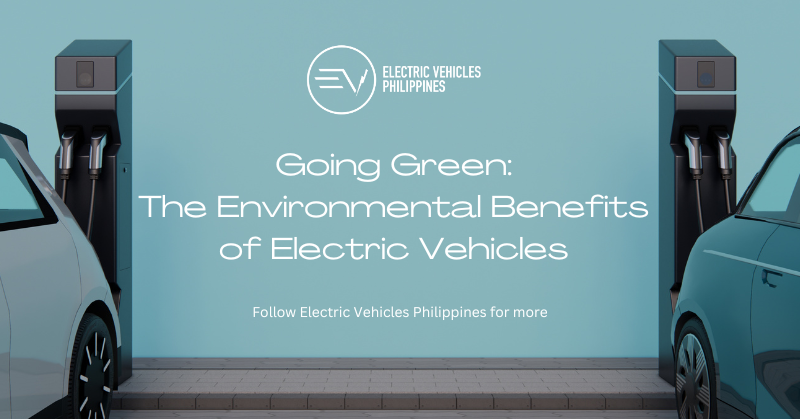- Zero Emissions:
One of the most significant advantages of electric vehicle is their zero tailpipe emissions. Unlike internal combustion engines, which emit harmful gases like carbon dioxide and nitrogen oxides, electric cars produce zero emissions during operation. By driving an electric vehicle, you are directly contributing to the reduction of air pollution and improving air quality in your community. - Reduced Greenhouse Gas Emissions:
The transportation sector is a significant contributor to global greenhouse gas emissions. Electric cars powered by electricity generated from renewable energy sources, such as solar or wind power, offer a pathway to a sustainable future. By utilizing clean energy to charge electric vehicle batteries, we significantly reduce carbon emissions and help combat climate change. It’s a win-win situation for both the environment and our health. - Energy Efficiency:
Electric vehicles have a higher energy efficiency compared to conventional vehicles. Traditional gasoline-powered vehicles waste a significant amount of energy in the form of heat during the combustion process. In contrast, electric vehicles convert a higher percentage of the energy from the grid into actual propulsion. This energy efficiency translates into fewer resources consumed and reduced strain on our energy grid. - Transition to Renewable Energy:
The adoption of electric vehicles goes hand in hand with the growth of renewable energy sources. As more electric vehicles hit the road, the demand for clean energy increases, incentivizing the expansion of renewable energy infrastructure. This transition towards renewable energy offers a sustainable way to power our transportation system, reducing our dependence on fossil fuels and creating a greener and more resilient future. - Lifecycle Impact:
When evaluating the environmental impact of electric vehicles, it is essential to consider their entire lifecycle. While the manufacturing process of electric vehicle batteries may have some environmental considerations, the overall lifecycle impact is significantly lower compared to fossil fuel vehicles. As technology advances and recycling programs improve, the lifecycle impact of electric vehicles continues to decrease, making them an even more eco-friendly choice.
By choosing electric vehicles, we have the opportunity to make a meaningful impact on our environment. Through zero emissions, reduced greenhouse gas emissions, increased energy efficiency, and the promotion of renewable energy, electric vehicles offer a sustainable and eco-friendly mode of transportation.
As we transition away from fossil fuel-powered cars, we pave the way for a cleaner and healthier planet. Embrace the future of mobility, drive electric, and become part of the solution in combating climate change. Together, we can create a greener and more sustainable world for generations to come. Electric Vehicles Philippines is there to help you with information and electric vehicles available in the Philippines.

